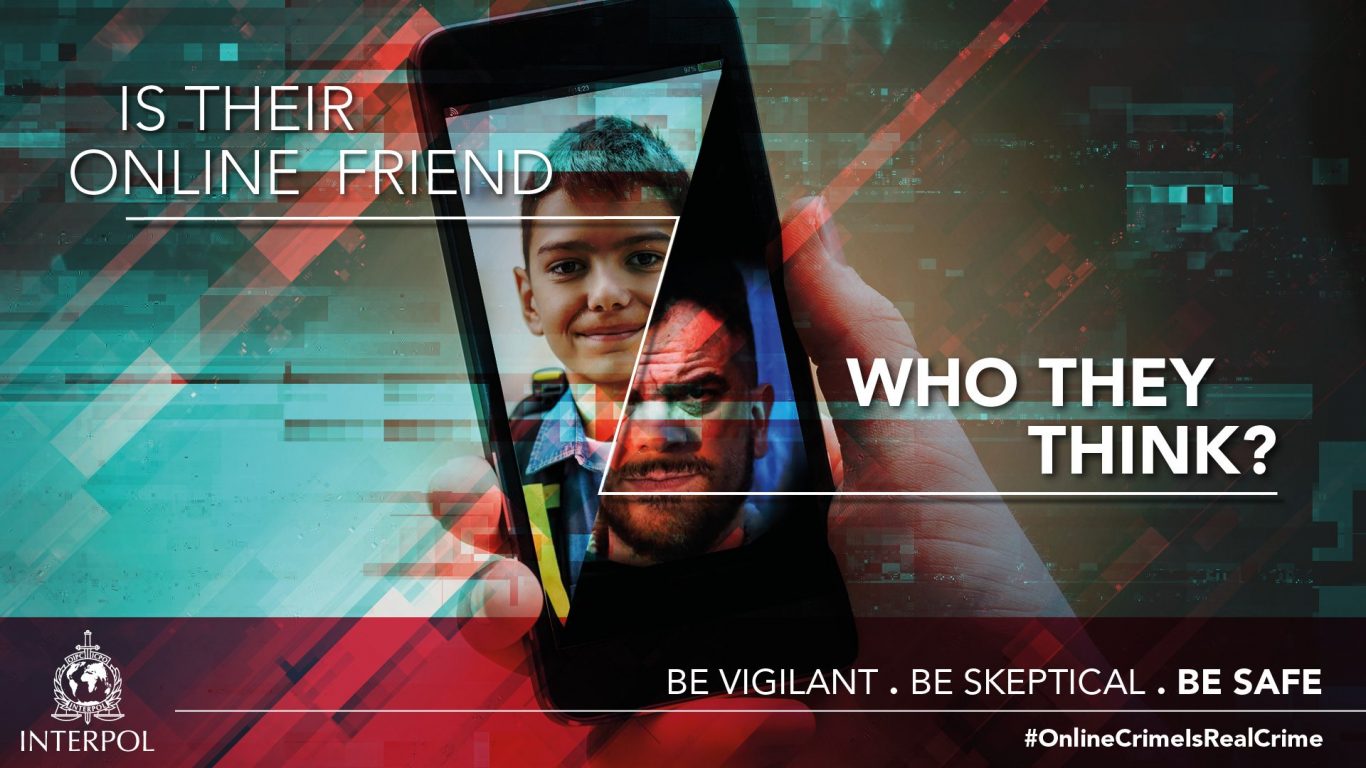Communicating with your children is just as important as using parental controls to keep them safe online. Teach them not to share personal information or images, and not to meet their ‘online’ friends ‘offline’ without parental supervision.
Dealing with cyberbullying
With the advent of technology, bullying is no longer limited to schoolyards or street corners. Cyberbullying can occur anywhere, even at home, through email, texts, cellular phones or social media websites. For those who suffer cyberbullying, the effects can be devastating, leaving you feeling hurt, humiliated, angry, depressed or even suicidal. However, no type of bullying should ever be tolerated. These tips can help you protect yourself online and deal with the growing problem of cyberbullying.
What is cyberbullying?
Cyberbullying occurs when a child or teen uses the Internet, emails, text messages, instant messaging, social media websites, online forums, chat rooms or other digital technology to harass, threaten or humiliate another child or teen. Cyberbullies come in all shapes and sizes. Almost anyone with an Internet connection or cellular phone can cyberbully someone else, often without having to reveal their true identity. Cyberbullies can torment their victims 24 hours a day and the bullying can follow the victim anywhere so that no place, not even home, ever feels safe, and with a few clicks, the humiliation can be witnessed by hundreds or even thousands of people online.
How cyberbullying harms people
The methods children and teens use to cyberbully can be as varied and imaginative as the technology they have access to. It ranges from sending threatening or taunting messages through email or text, to breaking into your email account or stealing your online identity to hurt and humiliate you. Some cyberbullies may even create a website or social media page to target you.
Tips for children or teens dealing with cyberbullying
Do not respond. If someone bullies you, remember that your reaction is usually exactly what the bully wants. It gives him or her power over you.
Do not retaliate. Responding with similar threats reinforces the bully’s behaviour. Help avoid a whole cycle of aggression.
Save the evidence. Online messages can usually be captured, saved and shown to someone who can help. Save evidence even if it is minor. Cyberbullying can escalate.
Block the bully. Use preferences or privacy tools to block the person. If it happens while you are chatting, leave the “room.” Report any abusive comments to the social media website administrators.
Reach out for help. Talk to a friend or a trusted adult who can help.
Tips for parents and teachers to stop cyberbullying
No matter how much pain it causes, children are often reluctant to tell parents or teachers about cyberbullying.
Spot the warning signs of cyberbullying
Your child may be the victim of cyberbullying if he or she –
- becomes sad, angry or distressed during or after using the Internet or a cellular phone.
- appears anxious when receiving a text, email or have been on social media websites.
- avoids discussions or is secretive about computer or cellular phone activities.
- withdraws from family, friends and activities they previously enjoyed.
- refuses to go to school or to specific classes, or avoids group activities.
- illustrate changes in mood, behaviour, sleep, appetite, or shows signs of depression or anxiety.
Prevent cyberbullying before it starts. Teach your children to –
-
- block communication with cyberbullies.
- never post or share their personal information online, including their full name(s), address(es), telephone number(s), the school’s name, parents’ names, credit card number(s), or their friends’ personal information.
- never share their Internet passwords with anyone, except you.
- talk to you about their life online.
- not put anything online that they would not want their classmates to see.
- not send messages when they are angry or upset.
- always be as polite online as they are in person.
Monitor your child’s technology use
Regardless of how much your child resents it, you can only protect him or her by monitoring what they do online.
- Keep the computer in a busy area of your house so that you can easily monitor its use, rather than, for example, allowing your child to use a laptop or tablet in his or her bedroom.
- Set up filters on your child’s computer. Tracking software can block inappropriate web content and help you check up on your child’s online activities.
- Insist on knowing your child’s passwords and learn the common acronyms children use online and in text messages.
- Encourage your child to tell you or another trusted adult if they receive threatening messages or are otherwise targeted by cyberbullies.
If your child is a cyberbully
If your child has responded to being cyberbullied by employing their own cyberbullying tactics, you can help your child find better ways to deal with the problem. If your child has trouble managing b emotions, such as anger, hurt or frustration, talk to a therapist about helping your child learn to cope with these feelings in a healthy way.
Tips for parents dealing with a cyberbully
- Educate your child about cyberbullying. Your child may not understand how hurtful or damaging their behaviour can be. Foster empathy and awareness by encouraging your child to look at their actions from the victim’s perspective. Remind your child that cyberbullying can have very serious legal consequences.
- Set limits with technology. Let your child know that you will be monitoring his or her use of computers, tablets, smartphones, email and text messaging. If necessary, remove access to technology until their behaviour improves.
- Establish consistent rules of behaviour. Make sure your child understands your rules and the punishment for breaking them. Children may not think they need discipline, but a lack of boundaries sends a signal that the child is unworthy of the parents’ time, care and attention.
